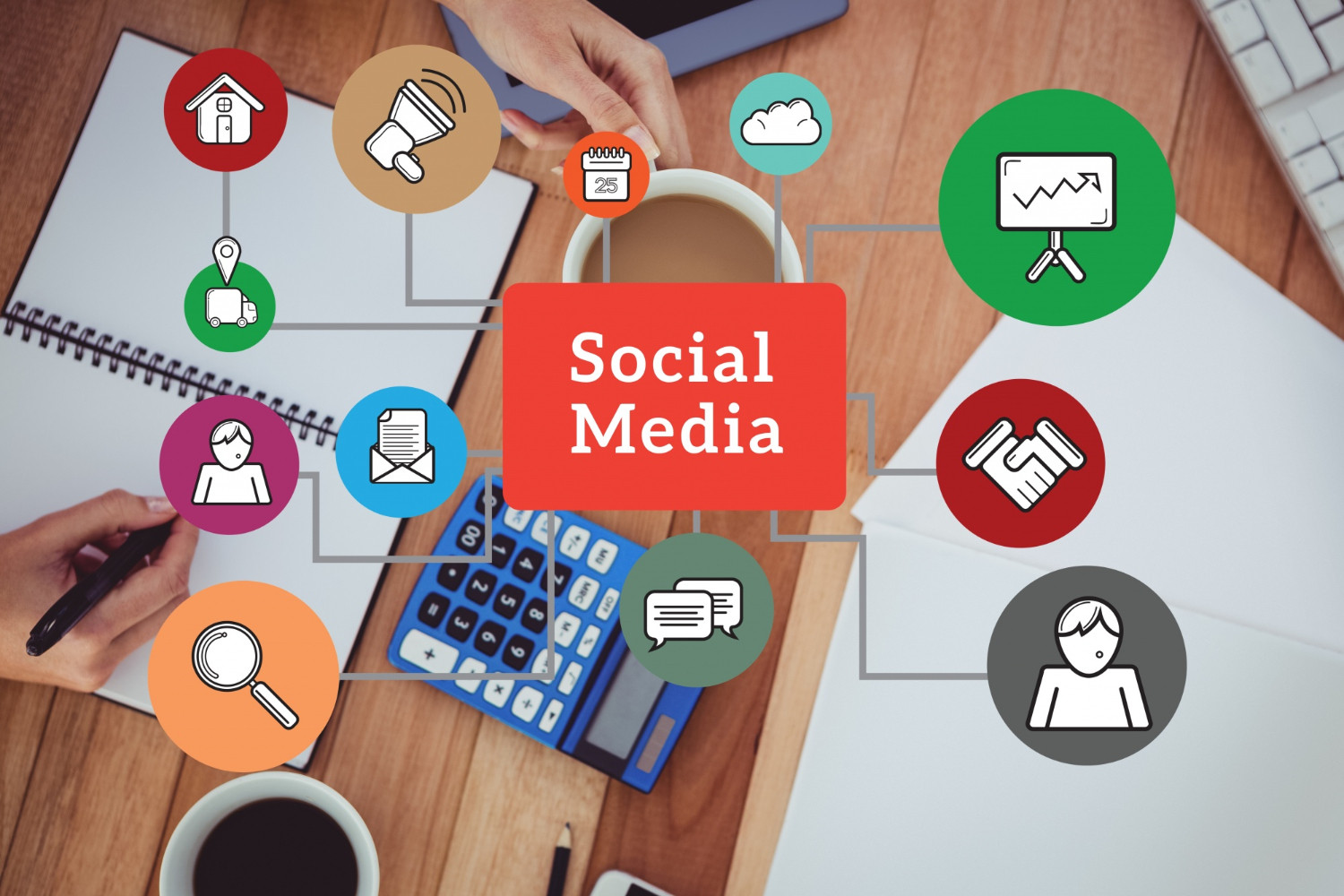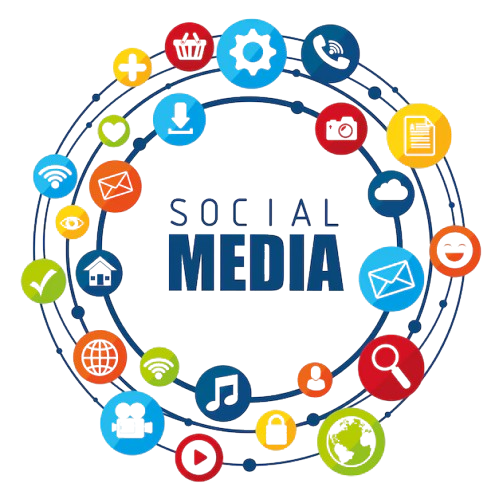AI content
- February 28, 2025
- 6 pm

AI content refers to any type of content—text, images, videos, audio, or other media—that is created or significantly influenced by artificial intelligence (AI) technologies. This can include:
Text Generation: AI models like GPT (Generative Pre-trained Transformer) can generate articles, essays, stories, code, and more. Examples include chatbots, automated news articles, and personalized email content.
Image Creation: AI tools like DALL·E, MidJourney, and Stable Diffusion can create images, illustrations, or designs based on textual prompts.
Video and Audio Production: AI can generate or edit videos, create deepfakes, or produce music and voiceovers. Tools like Synthesia (video) and Jukedeck (music) are examples.
Data Analysis and Summarization: AI can analyze large datasets and generate summaries, reports, or visualizations.
Personalized Content: AI can tailor content to individual users based on their preferences, behavior, or demographics, such as personalized recommendations on streaming platforms or e-commerce sites.
Translation and Localization: AI-powered tools can translate content into different languages or adapt it for specific cultural contexts.
Interactive Content: AI can power chatbots, virtual assistants, and interactive storytelling experiences.
AI content is increasingly used in marketing, entertainment, education, customer service, and many other fields due to its efficiency, scalability, and ability to personalize. However, it also raises ethical concerns, such as misinformation, copyright issues, and the potential for misuse (e.g., deepfakes).
Text Generation: AI models like GPT (Generative Pre-trained Transformer) can generate articles, essays, stories, code, and more. Examples include chatbots, automated news articles, and personalized email content.
Image Creation: AI tools like DALL·E, MidJourney, and Stable Diffusion can create images, illustrations, or designs based on textual prompts.
Video and Audio Production: AI can generate or edit videos, create deepfakes, or produce music and voiceovers. Tools like Synthesia (video) and Jukedeck (music) are examples.
Data Analysis and Summarization: AI can analyze large datasets and generate summaries, reports, or visualizations.
Personalized Content: AI can tailor content to individual users based on their preferences, behavior, or demographics, such as personalized recommendations on streaming platforms or e-commerce sites.
Translation and Localization: AI-powered tools can translate content into different languages or adapt it for specific cultural contexts.
Interactive Content: AI can power chatbots, virtual assistants, and interactive storytelling experiences.
AI content is increasingly used in marketing, entertainment, education, customer service, and many other fields due to its efficiency, scalability, and ability to personalize. However, it also raises ethical concerns, such as misinformation, copyright issues, and the potential for misuse (e.g., deepfakes).

 fr
fr







